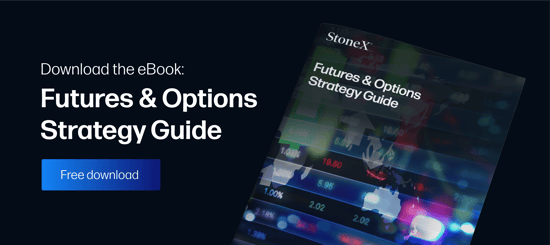Let’s start with a definition. An E-mini futures contract is a smaller version of a bigger futures contract. While there are mini versions of just about any futures contract now, the predominant market is the stock index sector. With that said, the mini version of the S&P 500 futures contract traded in the Chicago Mercantile Exchange is the unofficial “king” of the E-mini’s. It should also be noted that the “E” in E-mini indicates that these are all electronically traded and do not inhabit the trading pits.
It goes without saying that futures trading is not for everyone. We will outline some “pros” along with an equal amount of “cons” so that you can decide whether futures trading is right for you.
The Pros of E-mini Trading
According to popular opinion, there are three elements reflected on the positive side of E-mini trading:
- Low Entry Cost. While the initial deposit amount varies with each brokerage firm, the bottom line is that the margin – or deposit – required to trade the E-mini stock index futures is around $5,600. Many firms require 10-20% of that amount if you wish to day-trade it.
- More Control. With the advent of electronic trading, you have the ability to see actual bid and offer prices along with volume numbers. This may allow you to see the playing field better contrary to a pit traded market.
- Possible Lower Cost. In comparison to buying and selling the actual stocks, the E-mini enables the investor the ability to participate in an entire basket of stocks at once as opposed to trying to buy all of those stocks individually.
Any trades are educational examples only. They do not include commissions and fees.
The Cons of E-mini Trading
Many believe that the E-mini futures contract is a versatile investment instrument; however, with versatility, comes risks. While there are many risks involved, here are two that you should know prior to trading:
- Electronic Trading. Fast is not always good in electronic markets, as the E-mini can move very rapidly. Unfortunately, the E-mini can be the siren song for new investors. With the connotation that it is easy to make money, traders can lose a lot of capital in a hurry. Just because you are losing only $200 per trade does not make it o.k., especially if you string twenty of those losses together.
- Overtrading can be a peril-filled tendency for traders of E-mini’s who treat it like a video game. In an electronic medium, it is easy to throw good money after bad.
In Summary
Find a good broker that is willing to advise or mentor you. This can be an invaluable service and one that is often underutilized. In these “Do It Yourself” times, it’s ironic that the success level of the general public does not match their initiative. Remember, more than 50% of futures trading is done by computer algorithms these days so maybe it’s in your best interest to attempt to level the playing field and research different algorithms. We believe you should always consult a trading professional (broker), create a plan, and accept the risk vs. reward.


